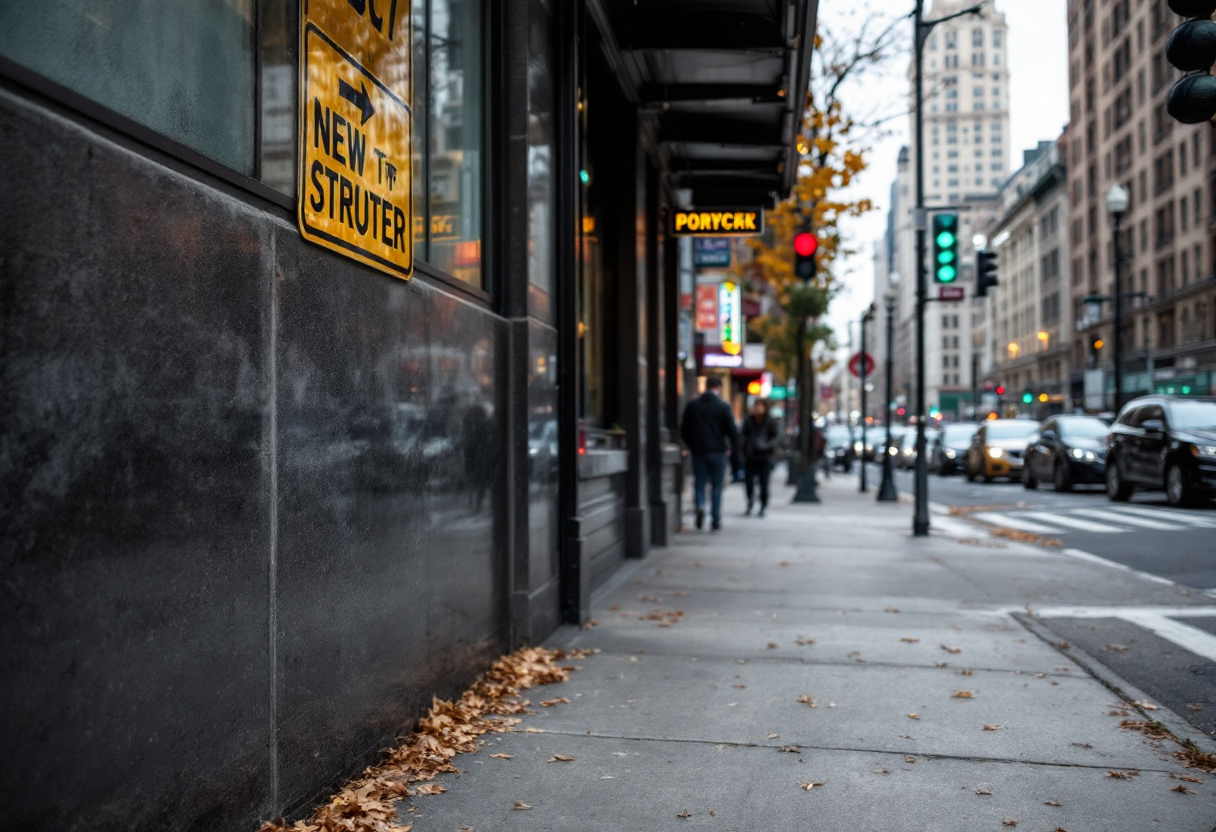Table of Contents
In a recent appearance on ‘Fox & Friends First’, former New York GOP committeewoman Scherie Murray voiced her concerns regarding the current state of sanctuary city policies in New York City. Her plea comes in light of alarming reports indicating that taxpayers may be funding the housing of migrants in Pakistan, raising questions about the effectiveness and implications of these policies.
Understanding the sanctuary city debate
Sanctuary cities are municipalities that limit their cooperation with federal immigration enforcement. Proponents argue that these policies protect undocumented immigrants from deportation and foster trust between immigrant communities and local law enforcement. However, critics, including Murray, assert that such policies can jeopardize public safety, especially when violent offenders are involved.
Recent incidents have highlighted these concerns. For instance, Immigration and Customs Enforcement (ICE) recently apprehended Julio Esteban Batista-Castillo, a migrant who had been living in the U.S. illegally for nearly two years. Charged with serious crimes, including kidnapping and assault, Batista-Castillo’s case underscores the potential risks associated with sanctuary city policies.
Murray emphasized that releasing individuals with such serious allegations into the community poses a significant threat to public safety.
The impact of migrant arrests on communities
The arrest of Batista-Castillo is not an isolated incident. ICE has reported a surge in apprehensions of violent migrants in the Boston area, raising alarms among local residents and officials.
Murray’s advocacy for reform is rooted in the belief that sanctuary city policies must be reevaluated to ensure the safety of all citizens. She argues that the current system places communities at risk, particularly when courts fail to honor immigration detainers that could prevent dangerous individuals from being released back into society.
Moreover, the implications of these policies extend beyond individual cases. As cities grapple with increasing numbers of migrants, the strain on local resources and services becomes more pronounced. Murray’s call for reform is not just about addressing specific incidents but also about creating a sustainable framework that balances compassion for migrants with the need for community safety.
Moving forward: A call to action
As the debate surrounding sanctuary cities continues, it is crucial for policymakers to engage in open dialogues that consider the perspectives of all stakeholders. Murray’s insights reflect a growing sentiment among many citizens who feel that current policies may be failing to protect them. Advocating for a reassessment of these policies could lead to more effective solutions that prioritize both humanitarian concerns and public safety.
In conclusion, the conversation around sanctuary city policies is evolving, and voices like Scherie Murray’s are essential in shaping a future that addresses the complexities of immigration while ensuring the safety and well-being of all community members.




